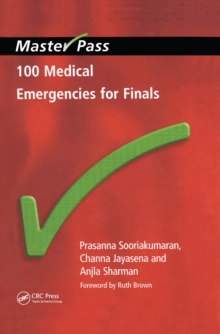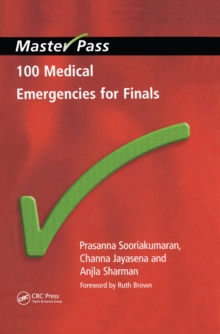
Bloody Bioethics : Why Prohibiting Plasma Compensation Harms Patients and Wrongs Donors EPUB
by James Stacey Taylor
Part of the ISSN series
EPUB
Description
This is the first book to argue in favor of paying people for their blood plasma. It does not merely argue that offering compensation to plasma donors is morally permissible. It argues that prohibiting donor compensation is morally wrong-and that it is morally wrong for all of the reasons that are offered against allowing donor compensation.
Opponents of donor compensation claim that it will reduce the amount and quality of plasma obtained, exploit and coerce donors, and undermine social cohesion. James Stacey Taylor argues that empirical evidence demonstrates that compensating plasma donors greatly increases the amount of plasma obtained with no adverse effects on the quality of the pharmaceutical products that are manufactured from it. Prohibiting compensation thus harms patients by reducing their access to the medicines they need. He also argues that it is the prohibition of compensation-not its offer-that exploits donors, fails to respect the moral need to secure a person's authoritative consent to her treatment, and prevents donors from giving their informed consent to donate. Prohibiting compensation thus not only harms patients but also wrongs donors.
Bloody Bioethics will appeal to researchers, advanced students, and medical professionals interested in bioethics, moral philosophy, and the moral limits of markets.
Information
-
Download - Immediately Available
- Format:EPUB
- Pages:204 pages
- Publisher:Taylor & Francis
- Publication Date:10/03/2022
- Category:
- ISBN:9781000553864
Other Formats
- Paperback / softback from £39.99
- PDF from £35.99
- Hardback from £135.00
Information
-
Download - Immediately Available
- Format:EPUB
- Pages:204 pages
- Publisher:Taylor & Francis
- Publication Date:10/03/2022
- Category:
- ISBN:9781000553864










